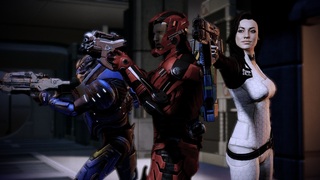 New missions, new allies, same commander. Shepard is back to save the galaxy from an even greater threat. Human colonies are disappearing and there's only one person who can find out the sinister plot behind it all and end it for good.
1. Gameplay
In case that was a bit too convoluted, let me clarify. The choices that a player makes in the first Mass Effect game affect not only the outcome of the first game but the outcomes of the second and third games. The developers have continued this trend by making it so that the choices that the player makes in Mass Effect 2 (ME2) will affect the outcome of ME2 as well as the outcome of ME3. If I choose to kill someone in ME2, they won’t come back in ME3. This sounds like it can get very complicated, which it definitely can. But through some clever writing techniques the developers were able to give each player a unique gameplay experience while maintaining an overarching storyline with a few endings. It’s a system where the player’s choices lead to a few large-scale possible endings with an almost infinite variation of small tweaks. This game is wonderfully written, has compelling characters, and will keep players engaged for a long period of time. The player will have to seriously ponder some decisions while others will have to be made within a few seconds. There’s more than enough variety in Mass Effect 2 to keep the vast majority of gamers happy for quite some time. That’s not to say that Mass Effect 2 is perfect. It’s not. It replaced the somewhat amusing but usually dull planet exploration with a never amusing and extremely tedious planet mining system. The sometimes confusing side missions are replaced with a few awesome missions, but for some reason the developers still included a good number of combat-based hidden missions. While the combat is definitely improved over the previous games, the developers decided to include an ammunition system that wasn’t present in the previous installation. But these are fairly small gripes that are discussed in greater detail in the “Frustration Factor” section below. Overall this game has an awesome story and leads up perfectly for the final installment.
The game mechanics also give built-in incentive for a second (and potentially third) replay. Aside from the desire that players may have to make perfect choices in order to see the consequences in Mass Effect 3, the way that a player approaches a given situation can change the outcome of the game. A player can either choose “paragon” (good) options, or “renegade” (evil) options. While the overall outcome is pretty much the same (the game can only really end with a single outcome for cohesion), the things that a renegade Shepard says and does can be quite hilarious. And, aside from the problem with mining mentioned below, this game is pretty awesome and a lot of fun to replay! It’s almost impossible to find everything on the first playthrough, so this game definitely warrants at least two.
The problem is that the mining is an unbelievably slow and tedious process. It is, without a doubt, work. There’s no entertainment at all. The player has to scan planets until sources of minerals are found, then fire a probe that automatically collects said minerals. That’s it. It seems like a simple enough process until the player realizes that it will potentially take thousands of probes to get enough resources to buy all of the available upgrades in the game. The mining process alone can take up hours of valuable gameplay that could (and should) be spent doing something else. Which leads to another point of frustration. There are numerous upgrades available to buy in the shops on certain planets. The player has to pay tons of credits for these upgrades. However, the game fails to mention that the player isn’t actually buying the upgrades, he’s buying the ability to unlock the upgrades with resources. So not only do you have to pay a ton of credits, but you also have to pay a ton of resources just to unlock a single upgrade. It’s an extremely annoying process that makes no sense at all. In addition, the scarcity of many of the resources is an additional factor of frustration. There are varying levels of scarcity for certain resources, but the rarest by far are credits (money) and Element Zero, which can only be found in abundance on a few planets. The rarity of normal resources including Element Zero leads to hours of mining (as mentioned before), but there is no effective way of getting extra credits. You can’t sell extra resources for credits (a system which, in hindsight, should have been included from the very beginning), which means that once the player uses up the credits he receives from missions that’s it. There’s nothing more. Another point of frustration was the gravity of the consequences in the game. Yes, this game is all about making choices without knowing the inevitable conclusion, but it got a bit absurd at points. On my last playthrough I aimed to get everything perfect. I wanted to make sure that everyone in my squad, including the crew of my ship, survived the entire game. It was an extremely difficult task that required carefully calculated decisions and precise timing. The amount of work felt perfect for the reward. …Except for the fact that I was left entirely uncertain of the outcome of the final mission. There is a chance, regardless of how perfectly the player accomplishes the rest of the missions in the game, that one of your squadmates will die. Even a perfectly made decision can sometimes result in the death of a squadmate, which seemed a bit absurd. This is compounded by the fact that a single wrong decision made early in the game can have results that aren’t seen until the very end of the game. This means that a player, such as myself, who is trying to go for a perfect run may not know they have made a disastrous decision until the very end of the game. Finally, I was a bit frustrated that the developers decided to include ammunition in the game. In the previous Mass Effect game, all weapons used a method of heat as ammunition. Instead of having to reload or worry about ammunition, the player could fire a weapon until it over heated, then wait for a cooldown period to expire. It was a great system that separated the Mass Effect combat from other similar third-person cover shooters. This changed in Mass Effect 2. ME2 includes a semi-universal ammunition that is shared across all weapon types. This is great since any ammo pickup will help resupply all weapons, but the magazine sizes and ammunition stores of all weapons are absurdly small. Even with five different weapons available to my character, I was constantly switching between weapons mid-combat because I ran out of ammunition. It wasn’t frustration enough to keep me from playing the game, but I definitely missed the old heat-based mechanic. 2. Parental Notices
On nearly every enemy type, gore is never present. The only possible exception is for the “husk” enemy types. The player can shoot the lower half off of the husks. It’s a bit odd, but it portrays a sense of fragility that seems apt given their name. Explosions do not cause any gore. They can send enemies flying in different directions, however. Certain powers, ammunition types, and environmental hazards can have different effects on enemies. Cryo-ammunition can be used to freeze enemies solid. Flame ammunition and other fire-based hazards can be used to light enemies on fire. There are a few different effects that have similar results to this. That’s pretty much it. As I said before, violence isn’t as common as what’s in most shooters. It’s more prominent than it was in the first Mass Effect, but it’s still interspersed with a good amount of conversations, traveling, mining, upgrading, etc.
The end result of almost every romance option is some sort of sex scene. While I have not viewed every single scene (I didn’t actually pursue any ME2 romance options until my most recent playthrough), the general idea is always the same. The female partner gets semi-naked and before anything can actually be seen the scene cuts out or fades to black. Semi-dirty talk is included before and after the scene but after everything is said and done it’s never really brought up again. Oh, and there are a number of lesbian options. A female Shepard can romance certain female crew members. There is no male equivalent to this. Inter-species romance is also included (since most of the romance options are aliens of some sort), so players should take note of that as well. However, when I played I tended not to see the characters as of a particular alien species but of generic characters with different personalities. When going for a romance, at least in my case, I tended to pick my romance options based on who I thought would be the best long-term mate and less on what they looked like. There is one notable exception that should be mentioned. One of the potential romance options is what is referred to in the game as an “Ardat-Yakshi”, which is a particular type of Asari (blue-skinned alien) that is somehow unable to control her powers during climax. Basically, she mentally crushes the person who she is mating with. The problem is that she has desires to mate with people and has killed numerous unsuspecting partners. If Shepard romances her, she tells Shepard that her powers are unlikely to kill him since he has a strong will. If Shepard chooses to mate with her, she ends up killing Shepard anyway. There are also a number of clubs where Shepard can watch Asari dancers / strippers. Shepard can’t do anything other than watch.
There is one notable exception. If the player orders a drink from a particular bartender, that bartender will attempt to poison Shepard. Shepard, miraculously enough, doesn’t die but ends up passing out instead. At the beginning of the game, Shepard is injected with some sort of blue substance that is miraculously able to revive dead tissue and cells. The specific substance is never identified. The character known as "The Illusive Man" will be shown smoking in almost every cutscene in which he is present. He is one of the only characters I ever saw do this, however. Numerous characters in the game will make references to “Red Sand”. Although this substance is never seen in any way, it is implied to be something similar to heroin. It is illegal in all law-abiding sectors of the galaxy.
3. Other Factors
Still, these mods are nearly impossible to find. I have played this game for a while and never knew the existed. Other than the ones that fix practical problems, there is very little reason to apply any mods to this game.
The way that Shepard approaches the law, especially once his Spectre status is reinstated, is really up to the player. For example, in one section the player will have to interrogate a prisoner in order to try and extract information. The player can simply try to reason with the prisoner or use force to try and extract the necessary information. Either way, Shepard’s Spectre status permits him to do whatever is necessary to complete the goals of the Council. Assault, robbery, murder, etc. all are allowed for Spectres. Unless the Spectre specifically hinders the Council’s will, they’re allowed to do anything. There are other, much more minor examples of anti-law as well. Most are fairly easily overlooked, but it should be mentioned that one key element to the storyline is the fact that humans are colonizing planets outside of the legal boundaries of the Council. In doing so, the Council is unwilling to assist Shepard in aiding the colonies.
The most telling example of this is the battle between Morinth and Samara involves lots of glowing telekinetic powers and floating objects. It’s an epic battle between two biotics but it highlights the difference between what biotics previously were in ME1 (simple supernatural abilities) and what they are in ME2 (magical awesomeness). All things considered, they’re still not very “magical”. There’s no ritual involved in their use and, for the most part, biotic powers are just portrayed as purple energy orbs act like telekinesis. So they’re not a huge factor in the overall review, but they’re still significant enough to be included.
Slavery is a recurring subject in the Mass Effect games. The most obvious form of this is the frequent mention of Batarian slavers, who have a habit of kidnapping humans and forcing them into slavery. However, slavery of this sort is never seen by the player. The player will also encounter “indentured servitude”. For those unfamiliar with the concept, an indentured servant works for a person (or, in Mass Effect 2, a company) for a certain amount of years until some sort of debt is paid off. Once the debt is paid off, the person is then released. It’s the exact same concept used when poorer Europeans wanted to come to the American colonies. While I understand the differences between true slavery and indentured servitude, I see them as very, very similar. Both a slave and an indentured servant are forced to work for the person or company that purchases them. The only real difference is that an indentured servant has certain rights and has the opportunity for freedom later on. Assassination One of the main characters is an unusual assassin named Thane. He is unusual because he is not a mercenary. Instead of killing targets that he is hired to assassinate, he chooses targets based on who he believes is evil and, thus, whose removal would benefit society. However, while he discusses a number of his assassinations, he is only ever seen assassinating one target. Cloning A Krogan scientist (probably the only one of his species) is introduced in the game as trying to clone the “perfect” Krogan. The idea is that he wants to cure the genophage, a sort of biological control on the reproductive abilities of the Krogan. While the cloning process is never shown, the player does encounter a few of these clones and eventually can take one in as a partner in the fight against the Collectors. Experimentation As mentioned before, the Krogan have been constantly plagued by the genophage, which specifically hampers their reproductive abilities. The Salarians devised it in order to prevent the Krogan from growing strong enough to threaten the other species in the galaxy. The concept and logic behind the use of the genophage will be brought up regularly in discussions with Mordin, a Salarian scientist that helped to mutate the genophage to increase its effectiveness. Regardless of the player’s thoughts on the subject, Mordin will contend that his choices were justified in order to protect the safety of the rest of the galaxy from the Krogan threat. Weapons of Mass Destruction In one mission the player will be forced to make a rather horrible choice. Batarian terrorists have launched some sort of nuclear-esque missiles that are threatening two locations. The first location is a colony with hundreds of thousands of lives, the second is an industrial hub that is vitally important to the war effort but has no civilians in the vicinity. The player must decide whether it is more important to save the civilians or save the industrial hub. Human Disfigurement
One of the enemy types that has been carried over from the previous Mass Effect game is “Husks”. Husks are humans that have been transformed into some sort of cyborg-ish zombie that is relatively weak but can get extremely annoying if not dispatched quickly. While the Husks look a bit like humans, they shouldn’t give anyone nightmares.
7 Comments
9/27/2012 08:20:22 pm
Thanks for the FANTASTIC post! This information is really good and thanks a ton for sharing it :-) I m looking forward desperately for the next post of yours.
Reply
10/4/2012 09:04:53 pm
I agree with each and every conclusions made on this topic. It is really very informative. Thanks for sharing.
Reply
10/10/2012 04:45:15 pm
this game are so good i like it thanks for share this...
Reply
2/25/2014 03:58:27 am
The gameplay of Mass Effect 2 is great. I just love playing it.
Reply
2/25/2014 03:59:59 am
I think the Frustration Factor should be 8. I am always so frustrated when playing.
Reply
Leave a Reply. |
Like what we do? Want to see more? Donate to the site using the button below!
Not sure what a term means? Read the definitions!
Not sure what a review section is about? Find out more information!
|
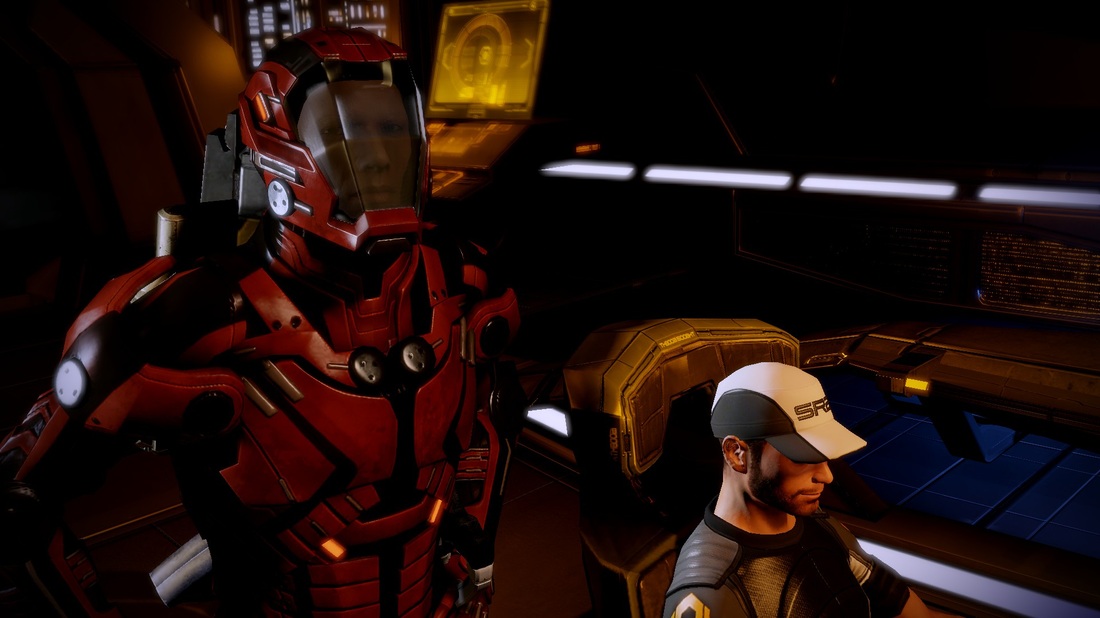
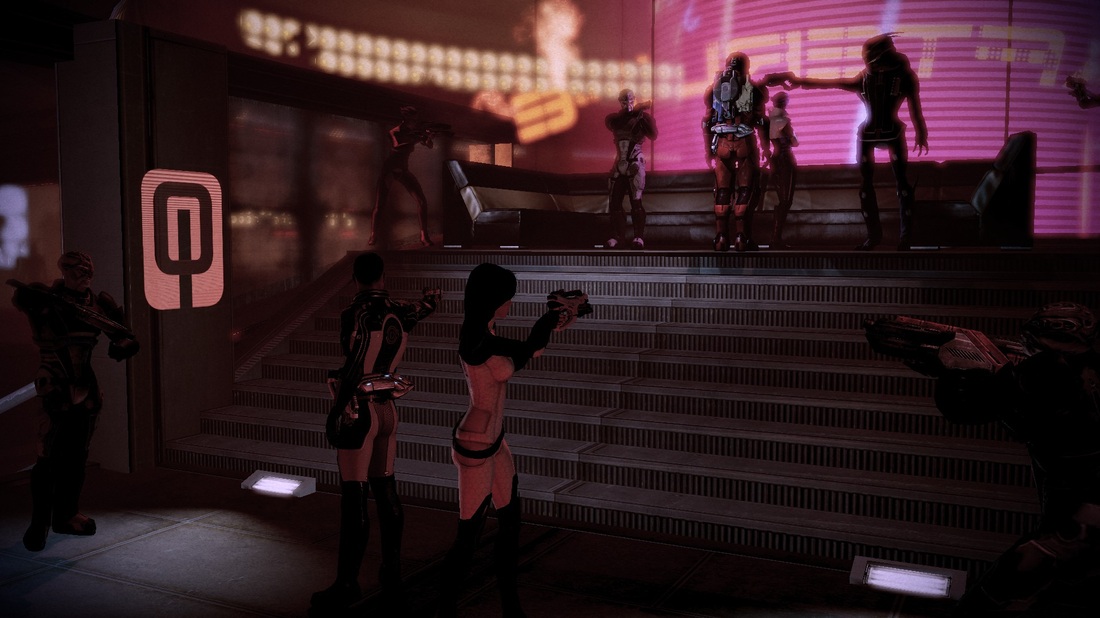
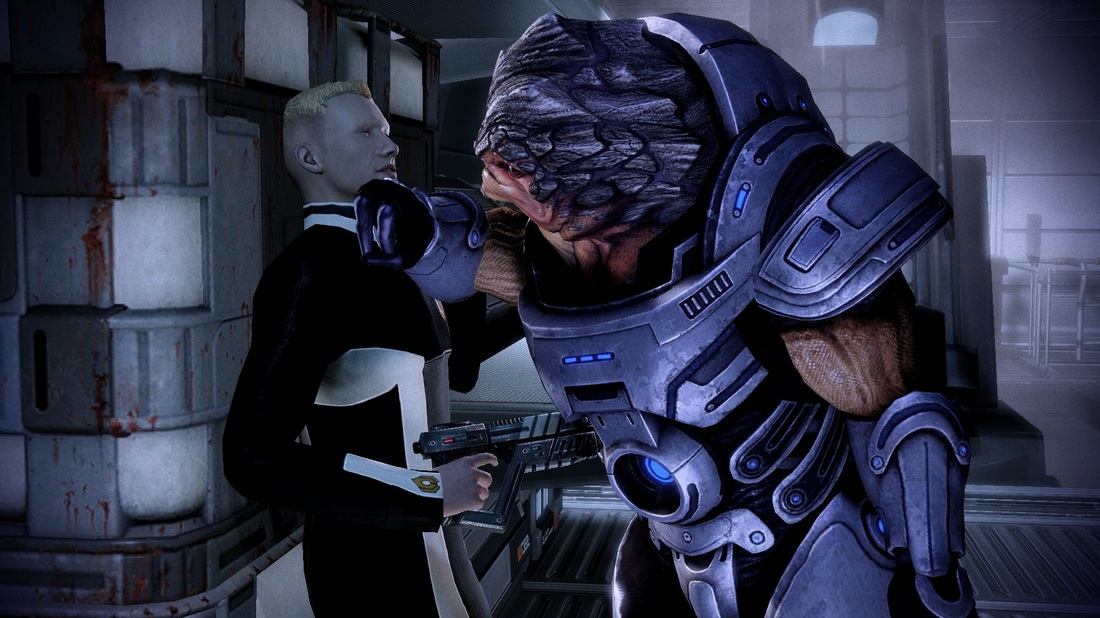
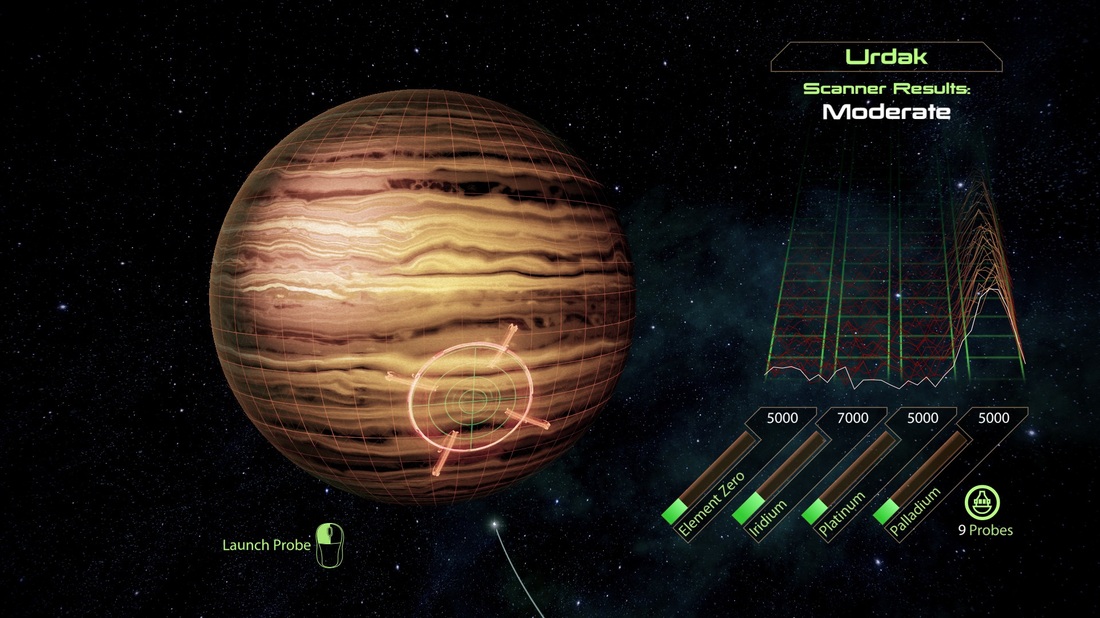
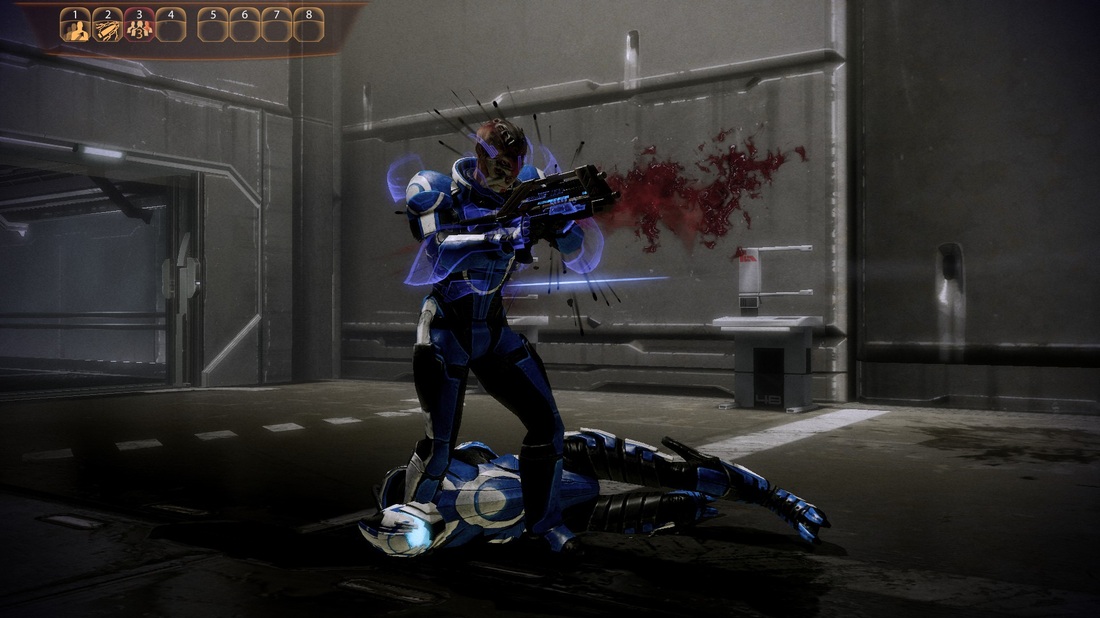
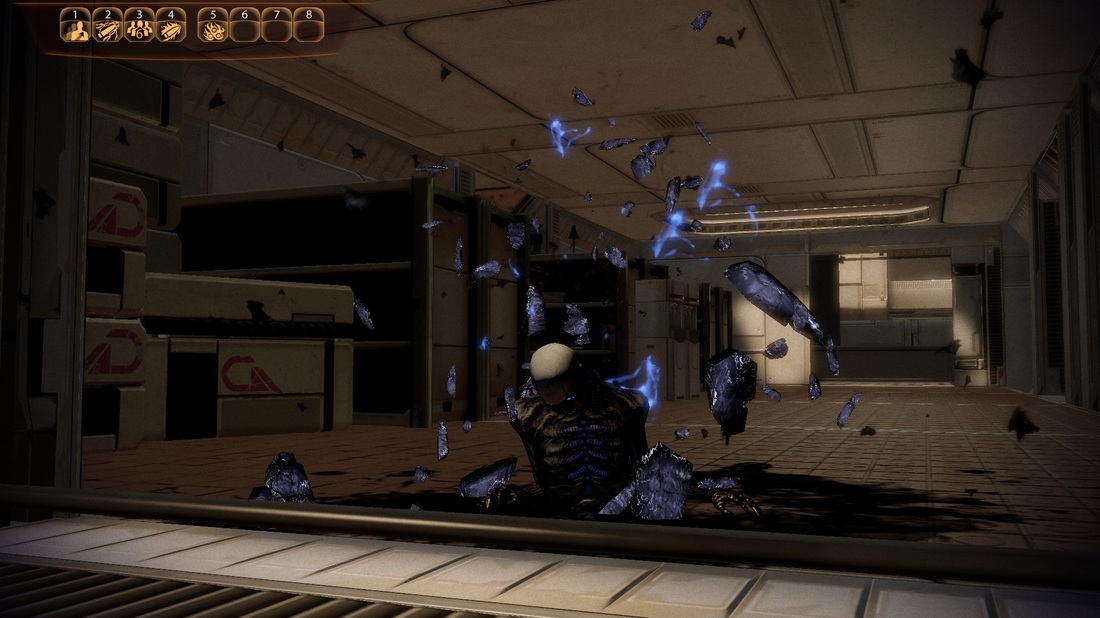
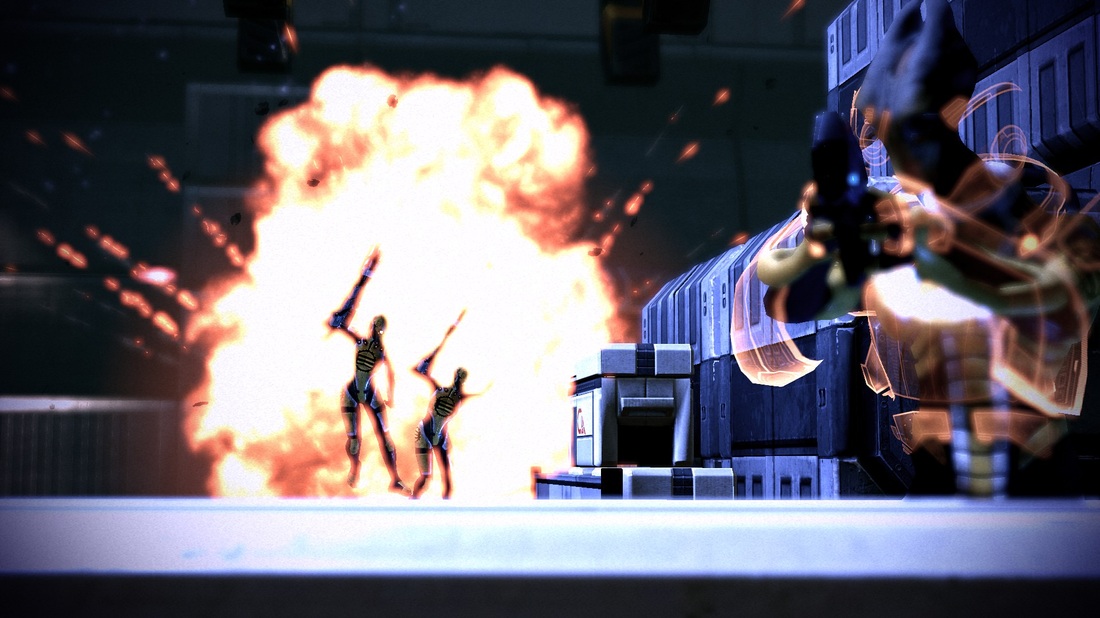
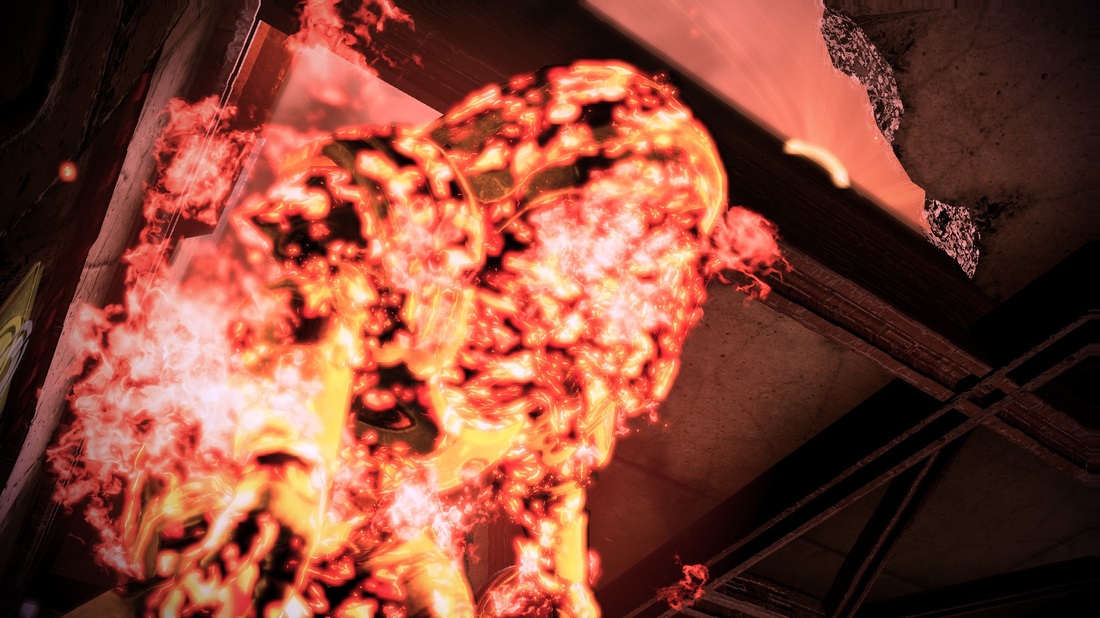
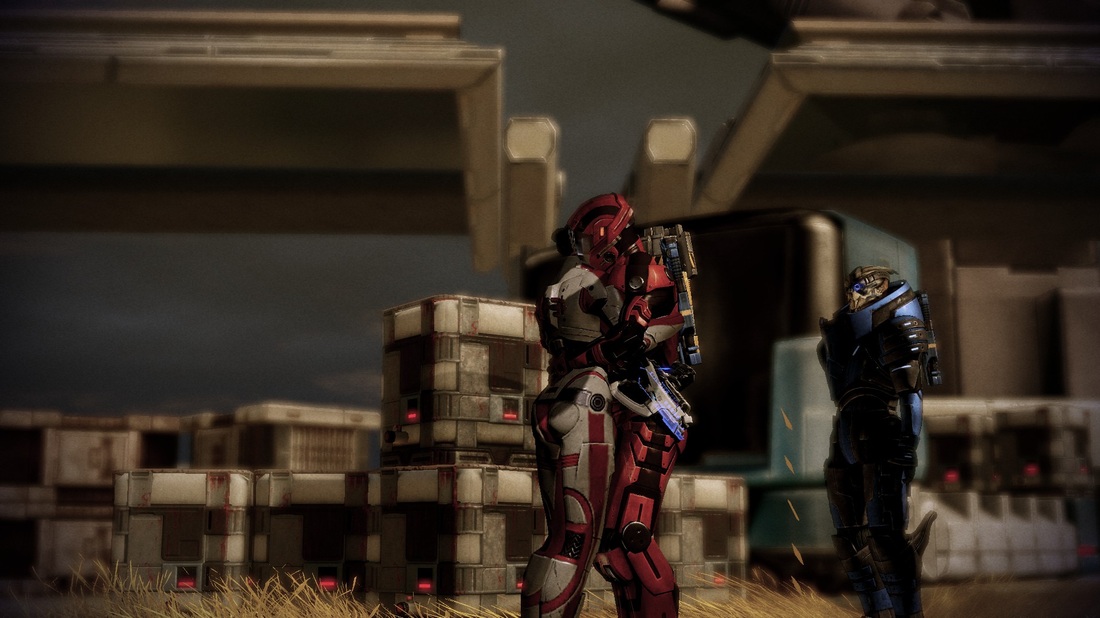

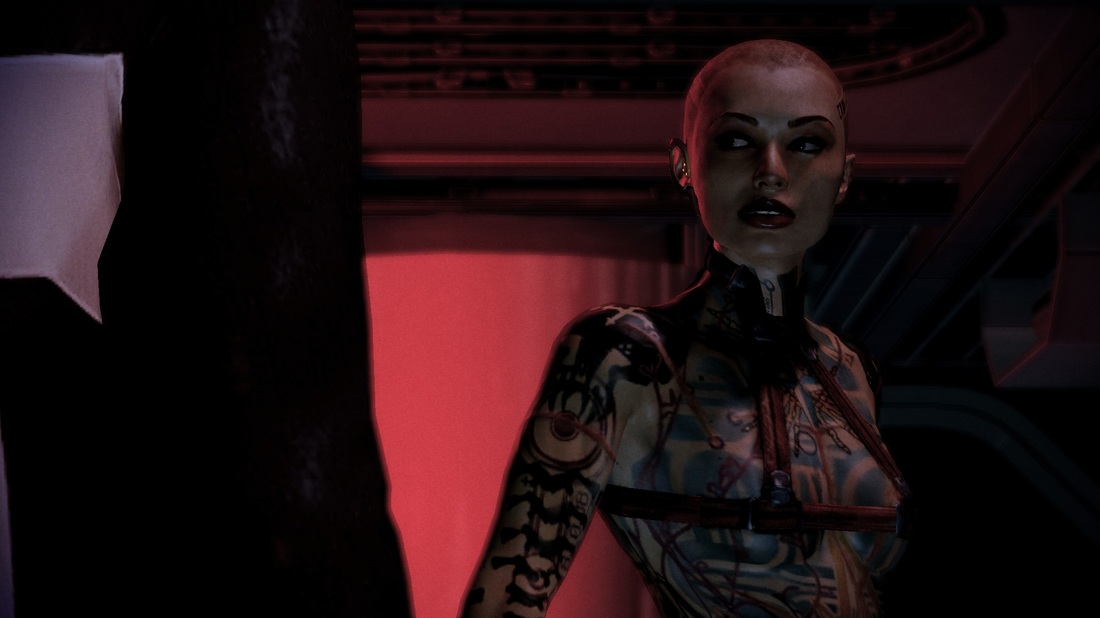
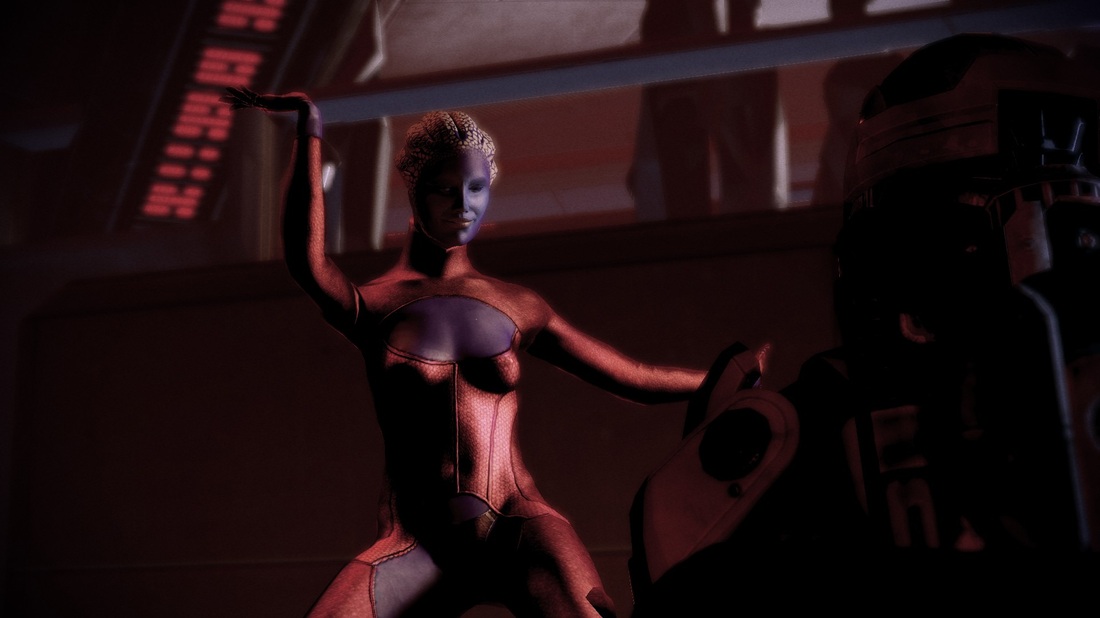
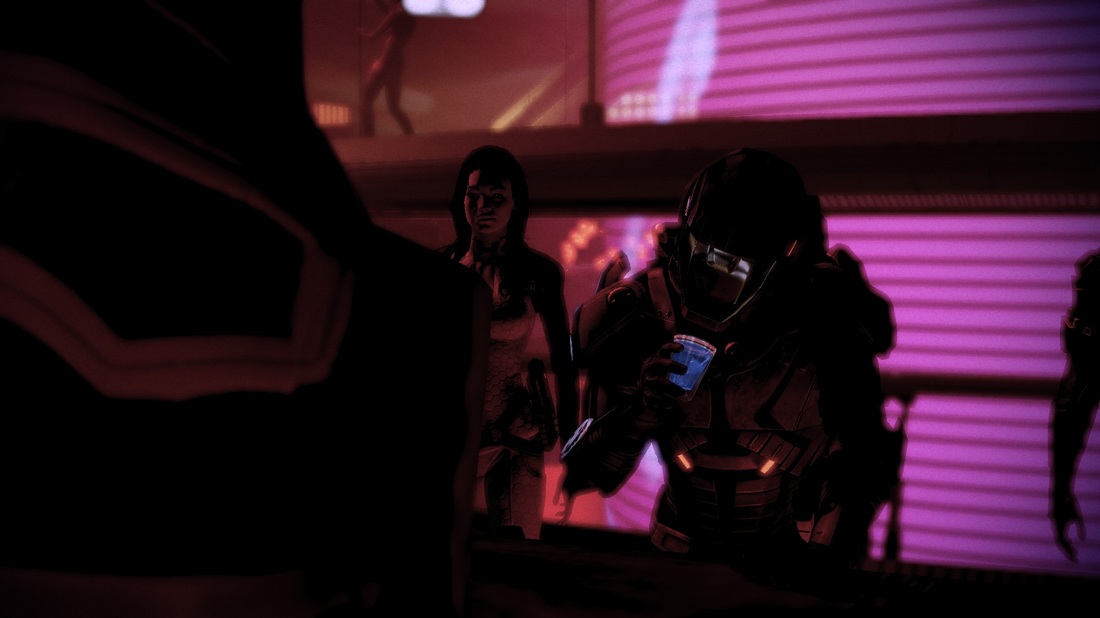
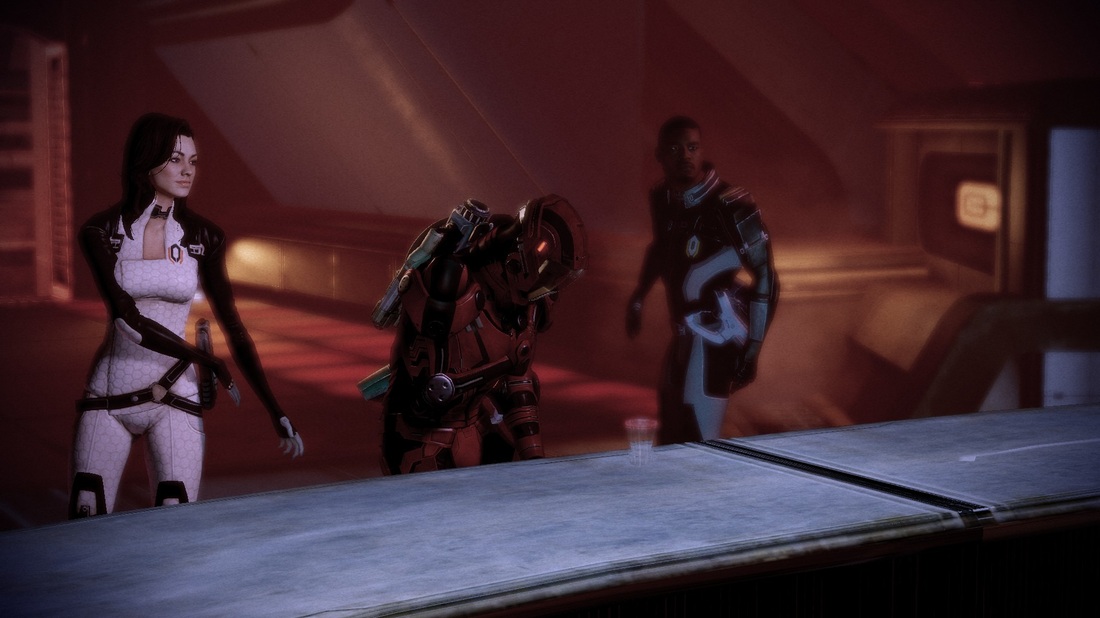
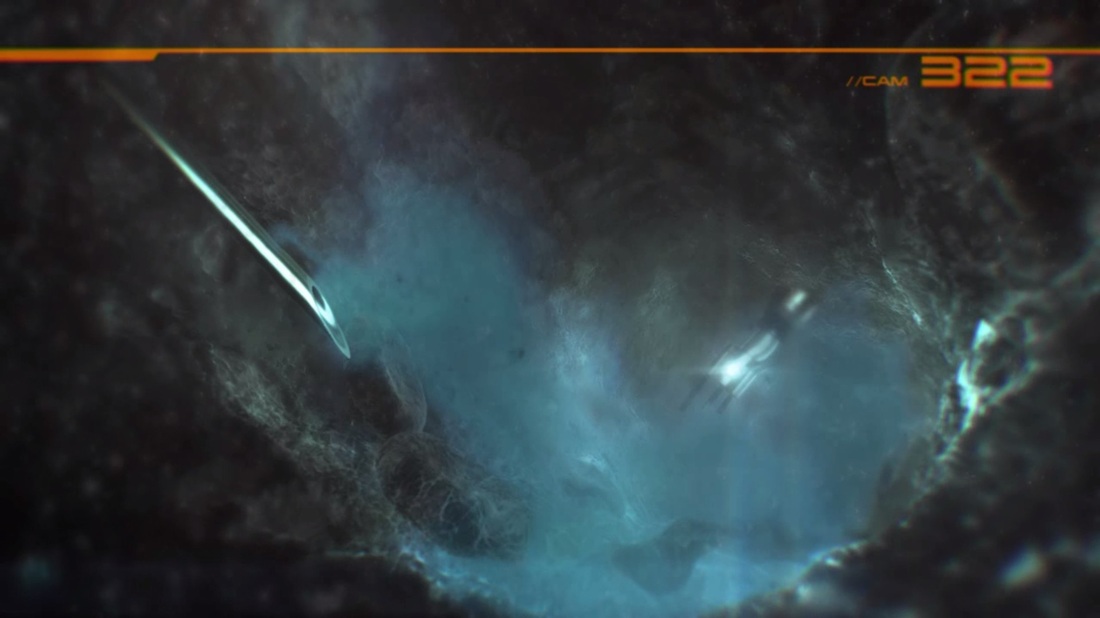
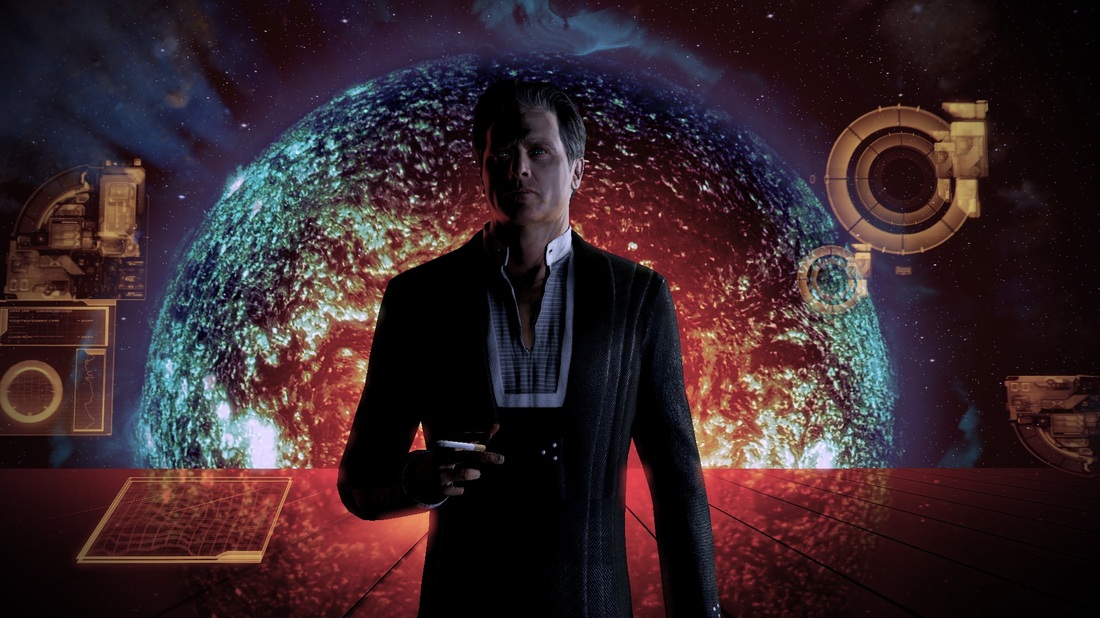
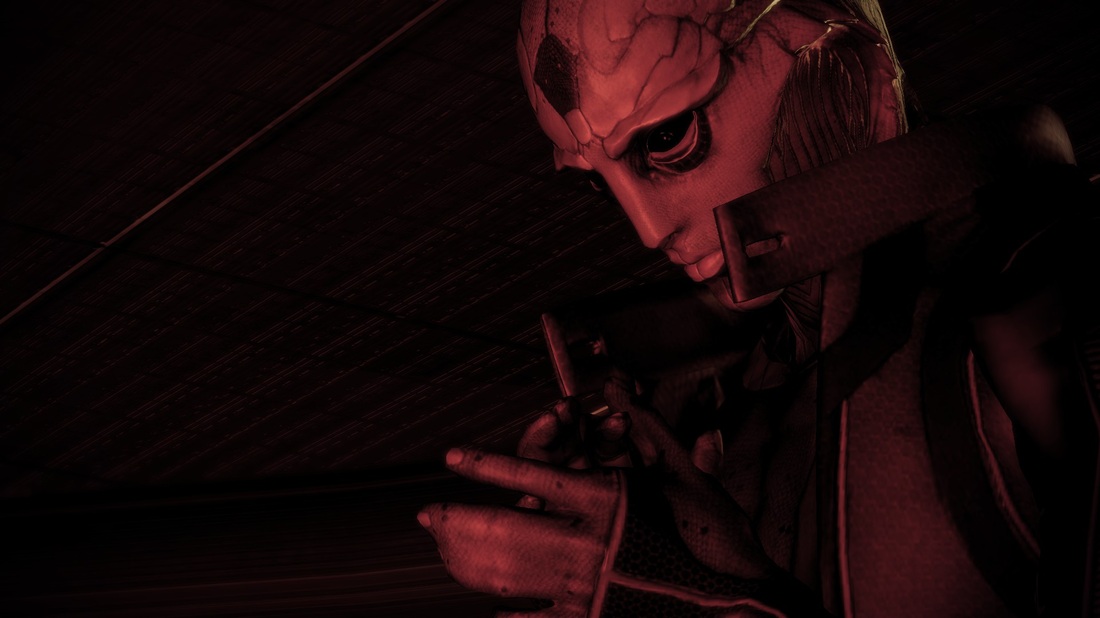
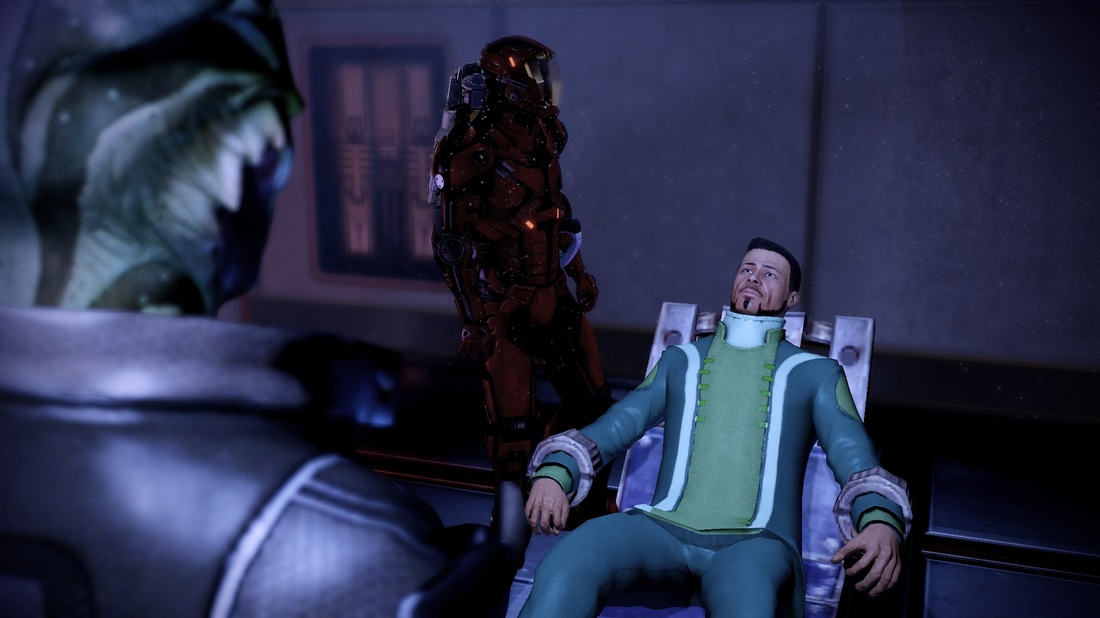
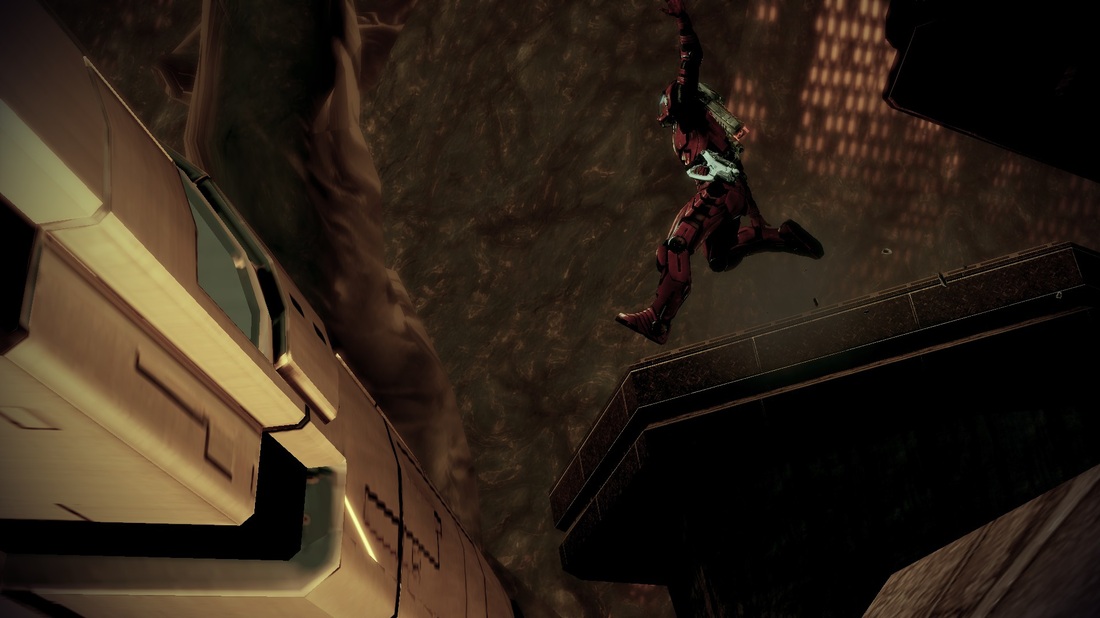
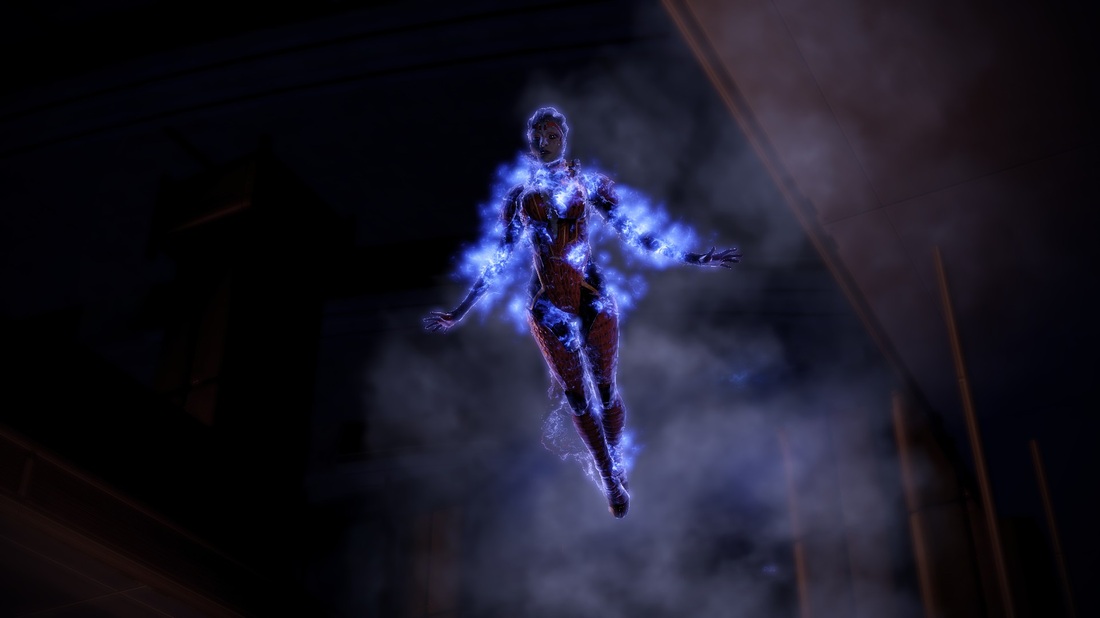
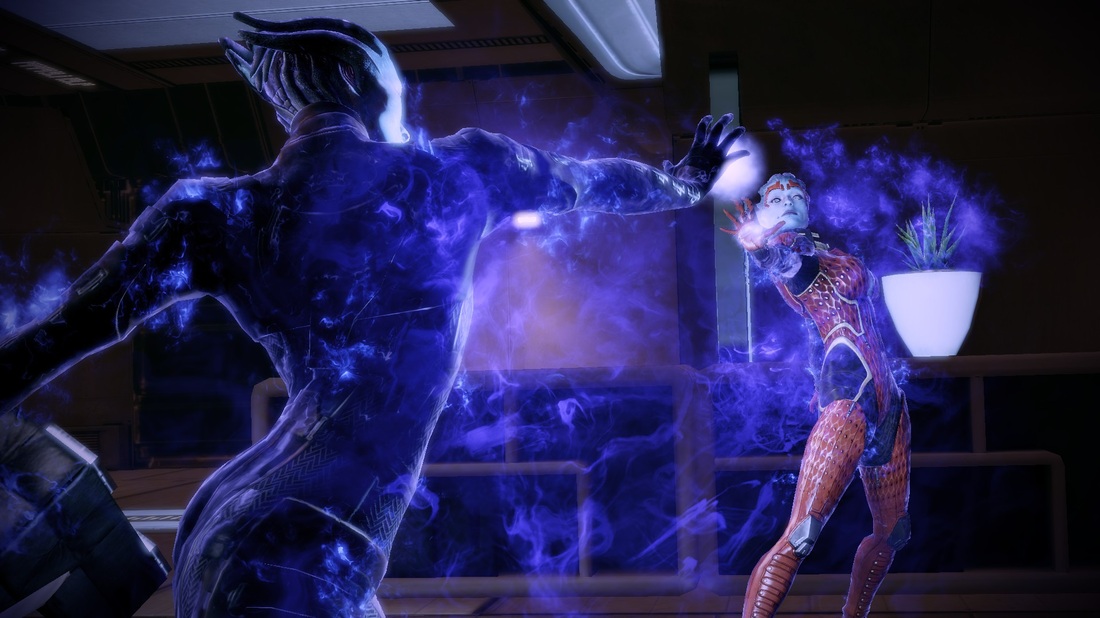
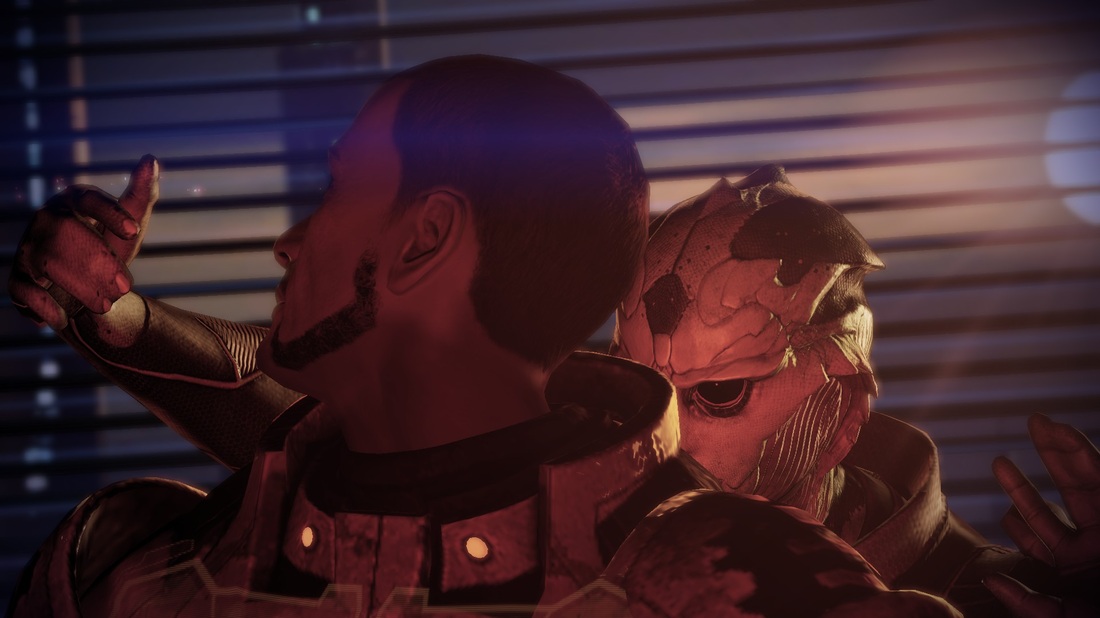
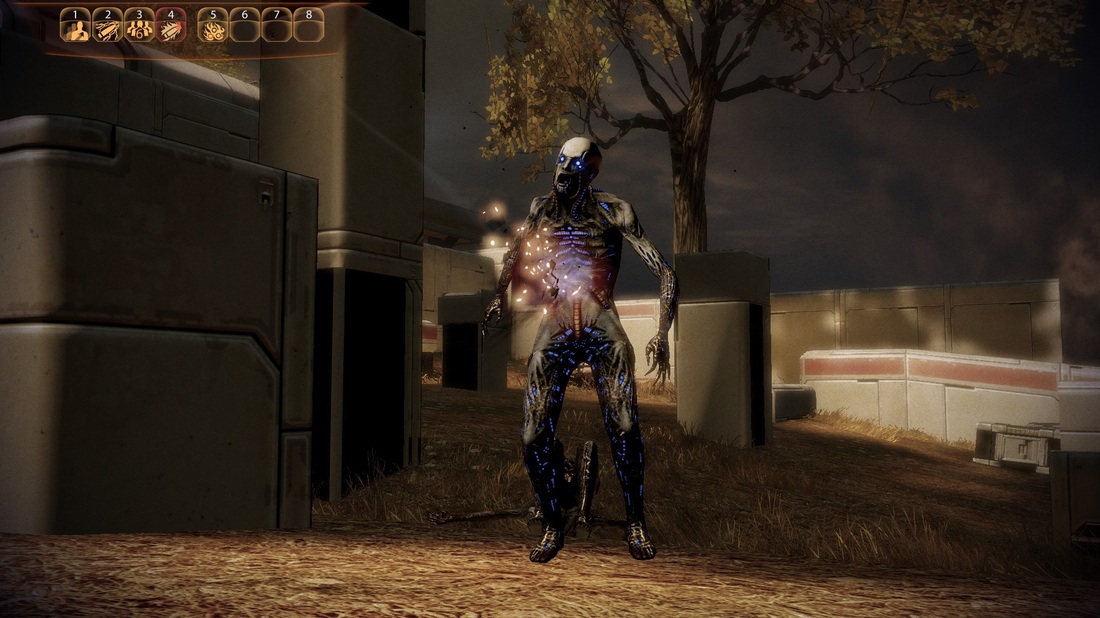
 RSS Feed
RSS Feed